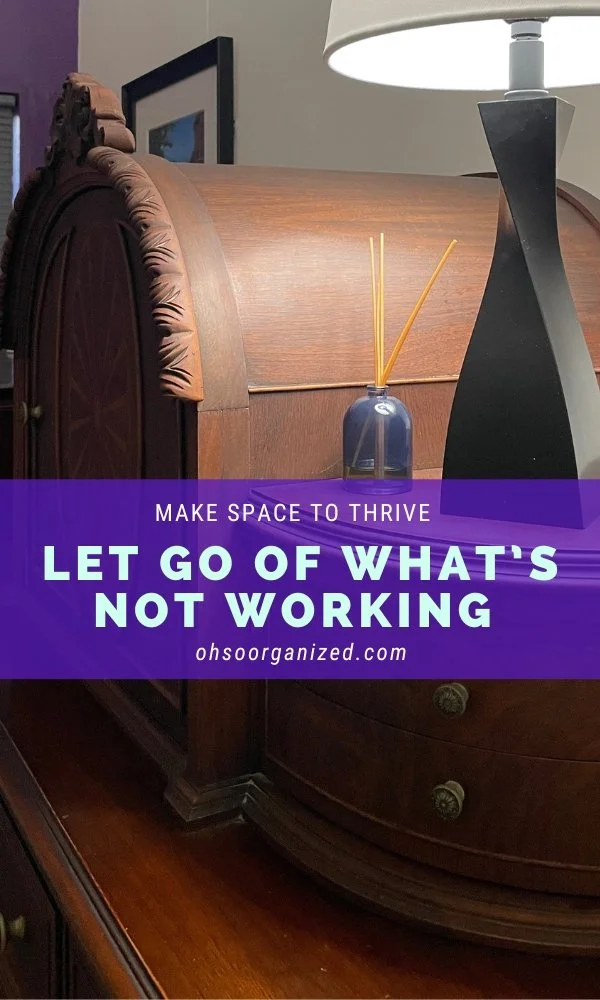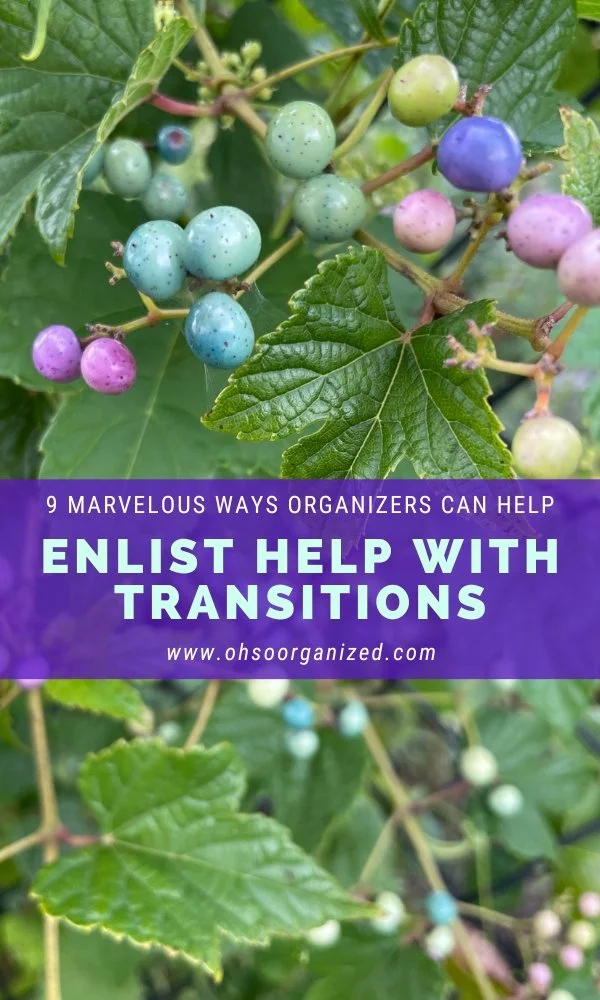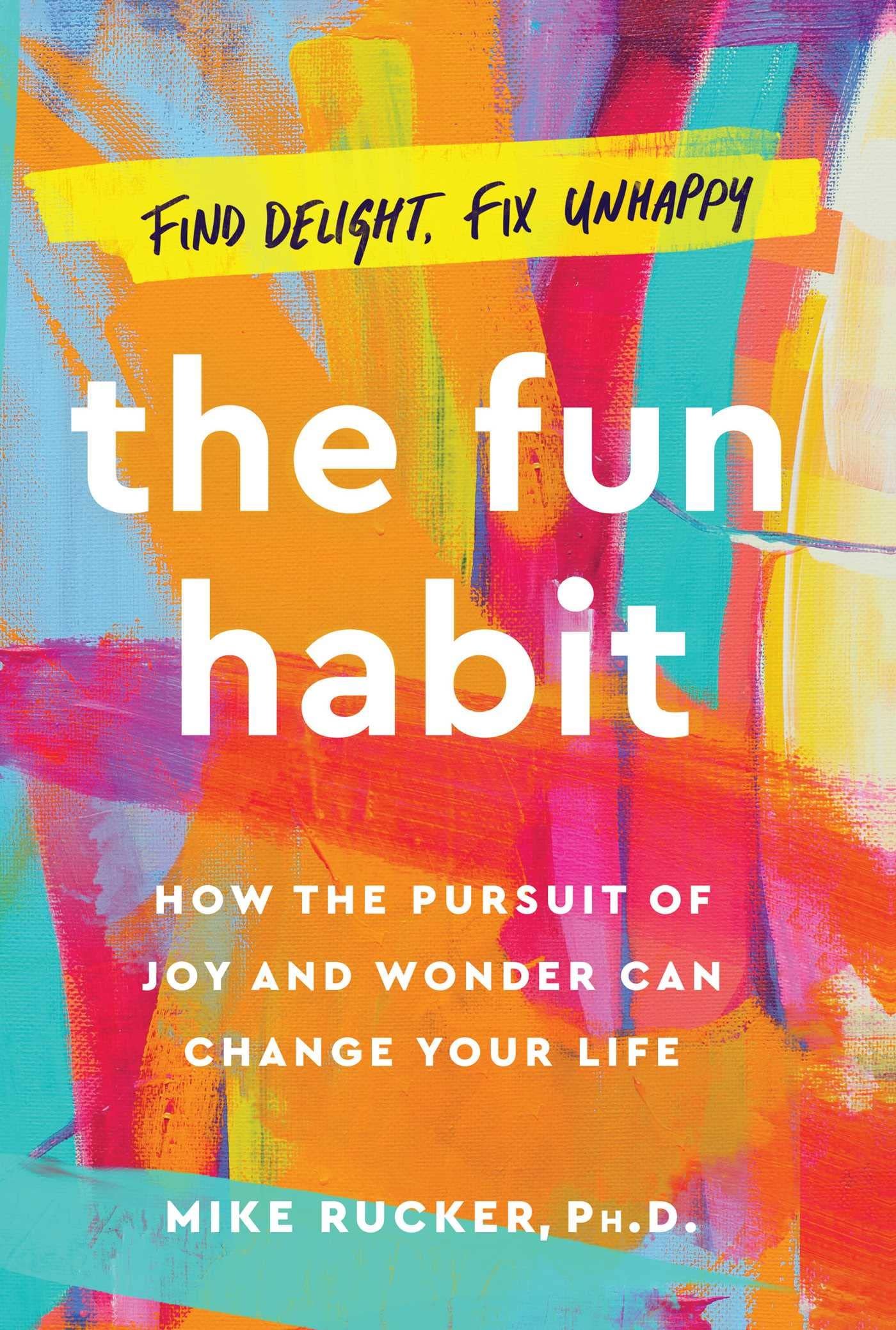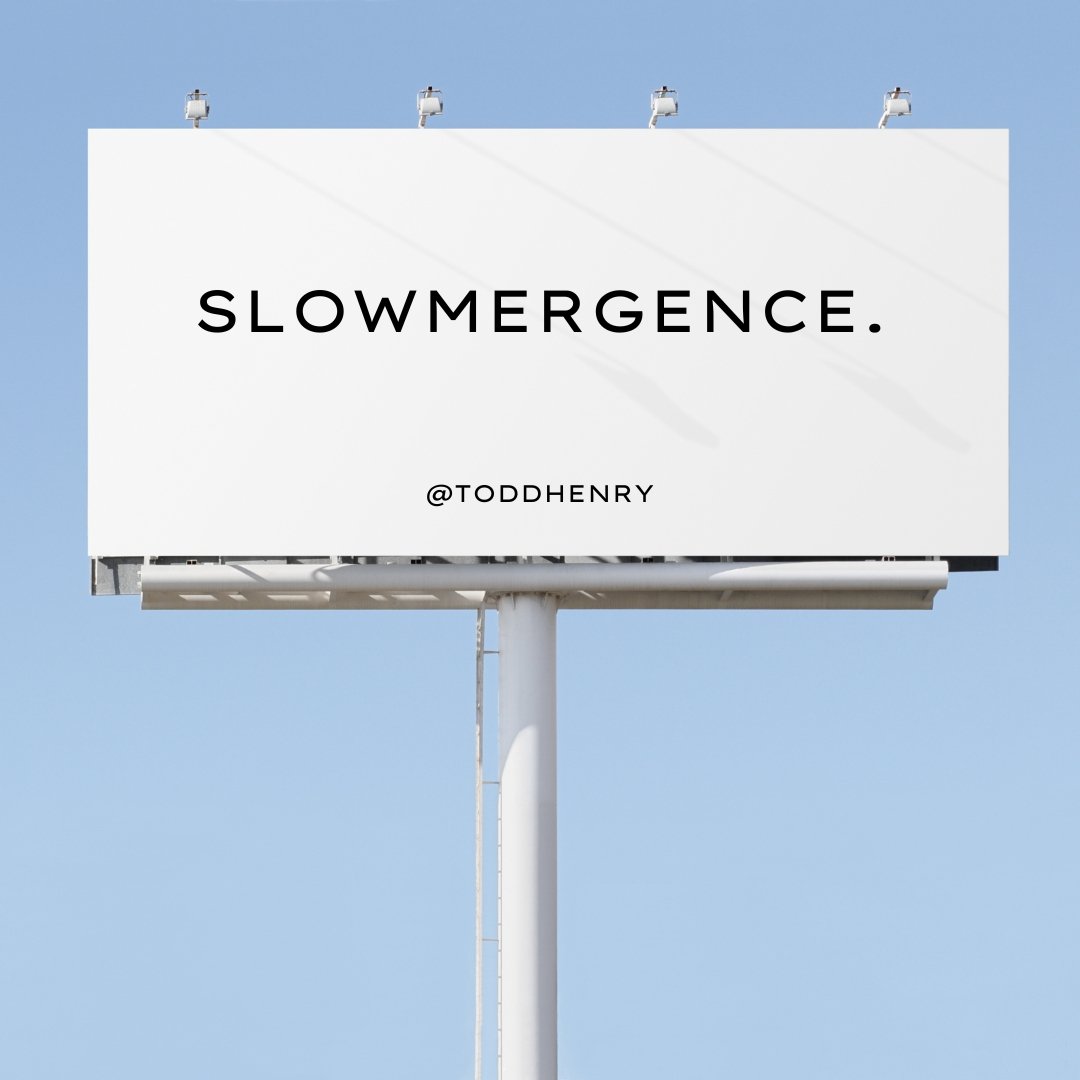Are there things in your life that just aren’t working? Maybe you have organizing systems, but they are cumbersome or impossible to maintain. Perhaps your spaces include what you use but aren’t set up in accessible ways. Or maybe your calendars are so packed with appointments and commitments that you don’t have time to rest and recharge. These are significant. Figuring them out and letting go can feel challenging.
Not all challenges are tricky. You might experience less complex issues that aren’t working. For example, you often:
Misplace your eyeglasses or keys
Can’t find a working pen when you need one
Search for the flashlight you had just the other day
Run out of milk
Move the same pile of papers from your desk to the floor.
Because these seem like insignificant challenges, you ignore them. You experience a slight annoyance here and feel bothered by something there. It’s enough to notice but not enough to do anything about it.
Enough Already
Doing something to remedy the situation can take months, years, or decades. You tolerate the inconvenience until one day, you say, “Enough is enough!” When that day comes, you are ready to let go of what’s not working to make way for what does.
Here’s the funny thing. When you get to the it’s-enough-already-point, that’s when the magic happens. You are ready to:
Let go of being irritated
Be mindful of what’s going on
Have room in your brain to problem-solve
Change the status quo
The Lamp
Some of you may know I’m short, under five feet tall. We had a lamp in our bedroom that sat on the dresser for years. It was a colorful glass lamp with a purple shade. I liked it except for one thing. Because of the tall dresser, the placement of the switch high up on the lamp, and my height, it was difficult for me to turn the light on and off.
Each time I pushed the switch, I would stretch by standing on my tippy toes to reach it. Was it awkward and slightly annoying? Yes! Did I do this for a lot of years? Yes! Why? Because I ignored the irritation and my agency to change what wasn’t working.
As we were preparing our house for guests, my husband and I worked on various projects. Something about working on those projects activated my thoughts. I had an “Enough is enough” moment. An idea popped into my head. Why not replace the lamp with one that isn’t as tall? Or, more specifically, change it to one I could easily reach. What a simple solution!
Within a few days, I bought a new lamp, a black base with a white shade. While I like how it looks, I love that I can reach it…easily! No more tippy toes are required. And each time I turn the switch, I can’t help but smile. Honestly, a few times, I’ve squealed with delight.
“Are you ready to let go of what’s not working to make way for what does?”
Why Let Go?
It’s easy to keep doing what you’ve always done, even if it’s annoying. But when you’re willing to let go of what’s not working, you make room for what is. And when that happens, joy and happiness will follow.
I don’t have to stretch anymore to reach the lamp. Instead, I will learn to ‘stretch’ in other ways. What else is possible? What else can I improve?
How about you? Are you ready to thrive? What becomes possible when you let go of what’s not working? I’d love to hear your thoughts and invite you to join the conversation.
Do you want help letting go of those things, habits, or situations that no longer serve you? If so, reach out anytime. Please email me, Linda, at linda@ohsorganized.com, call 914-271-5673, or schedule a Discovery Call. Letting go is possible, especially with support.















